A Problem with Parelli
I hadn’t thought about the Parelli’s beyond a passing thought for some time, and it was only after being sent this video that my mind began perusing through those old feelings and finally able to put them into words.
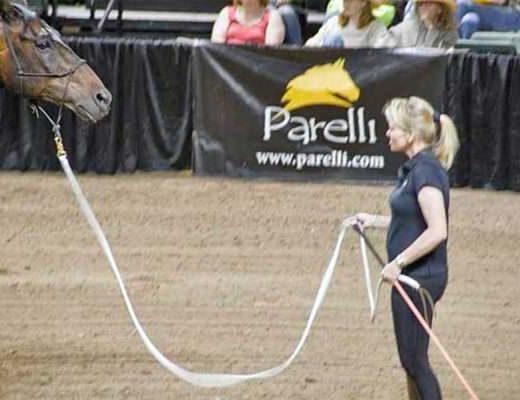
I hadn’t thought about the Parelli’s beyond a passing thought for some time, and it was only after being sent this video that my mind began perusing through those old feelings and finally able to put them into words.
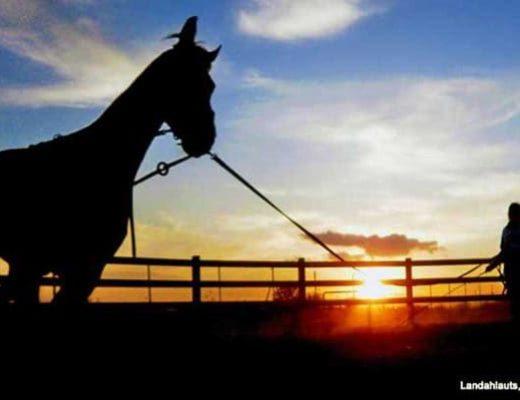
Ever watch people lunge horses with a purpose, others with a crazed look in their eye (the person, although the horse too…)?
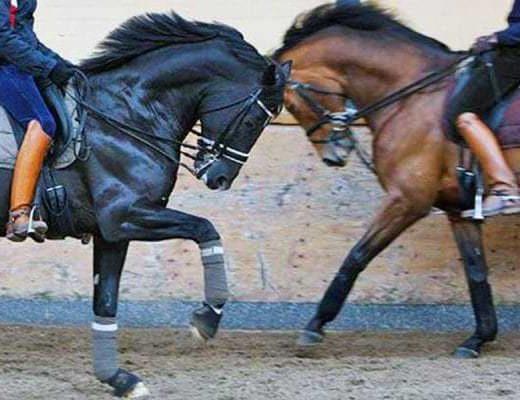
You can find it in jumpers, hunters, western riders, english riders, saddleseat, hunt, etc. While it is more prevalent in some disciplines over others the truth of the matter is that the majority of equestrians believe that control of the horse is gained largely by manipulating the neck. Yes, control can be had in this way but it is also mistakenly referred to as building a relationship, communication, a partnership, etc. Plain and simple it is a physical way to control the horse and avoiding communication and removing choice from the horse’s options.
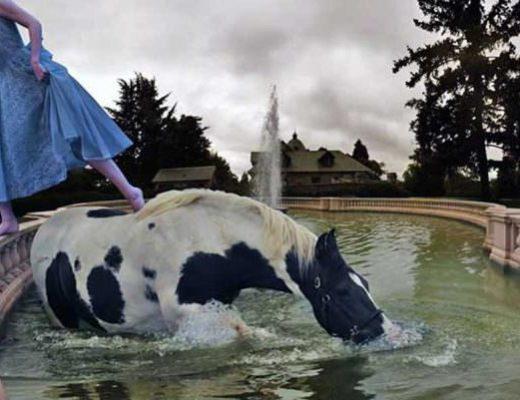
In looking around, there seems a great wealth of images and video, articles and books, media and marketing; all of which demonstrating the use of the horse for human gain and purposes. The focus, the mindset, the intent is control and consumption of the horse – we ride, we travel, we tour, we compete, we battle, we seek to impress.
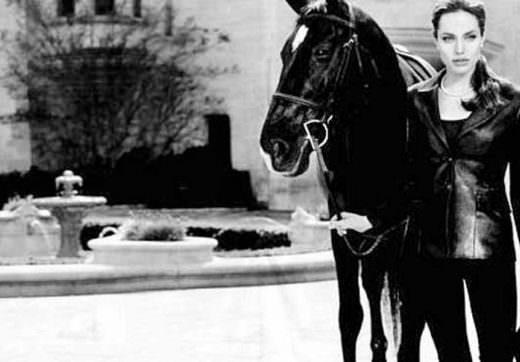
Did I miss out on the learning curve of how to drop names? I did lead a rather ‘disconnected’ adolescents in which much of the traditional social webbing that many equestrians develop was lost on me.
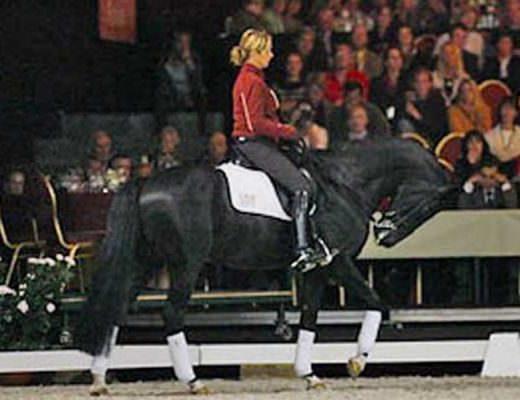
It’s easy to talk about Rollkur from a distant point of view – perhaps not with a clear-cut opinion, but certainly a disjointed and ‘objective’ one. What isn’t easy is to address Rollkur when you’ve seen the effect it has; not on the horses who are succeeding and making money for their international-celebrity riders but, rather, on the horses who didn’t make the cut.
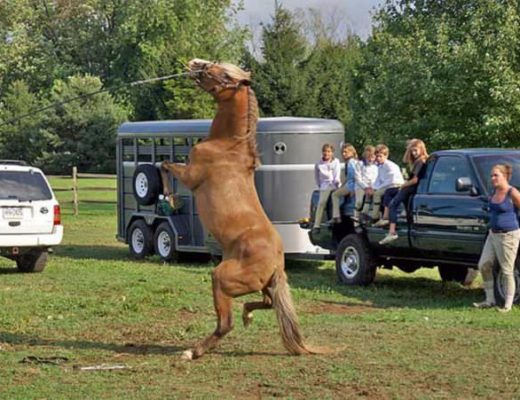
When I think of training anything, to me it means that there was something lacking in whatever you are training to begin with. They don’t know how to do something, and so you train them how. But a horse already knows how to be a horse and there is little we ask of him that he doesn’t already know how to do.
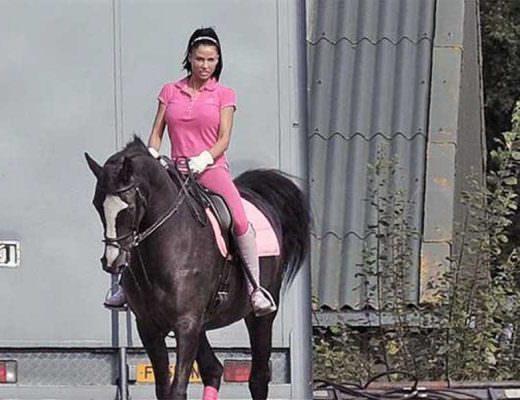
What does it mean to be a horse person, and what qualifies you as such? Can the people in this video be classified as horse people, despite their lack of years of experience?

Rollkur has been an issue written about on this blog fairly regularly, but until now there hasn’t been a clearly demonstrating video available to show a ‘professional’ using Rollkur in a competition setting for more than a brief period of time. Until now.
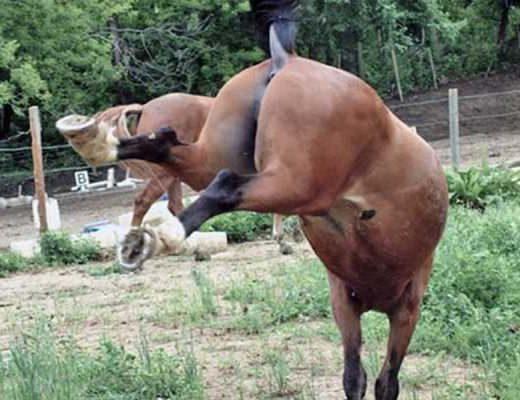
No, I haven’t been kicked in the face – thankfully and knock on wood!
But I want to pay tribute to the opportunities that may exist in the seemingly terrible, unfortunate, miserable or frustrating moments that we can all get stuck staring at and shaking our heads over.
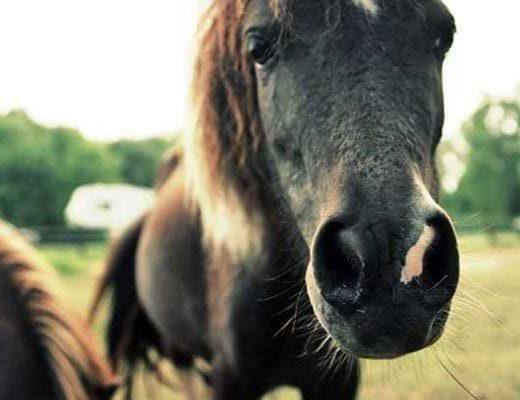
We get the opportunity to enjoy being in the moment if we are present enough to realize it and take hold of it, but often we get caught up in thoughts that do not help us in the here and now but pull us into superficial goals and actions. We fight and fuss over the horse, struggle with the basics and yearn for the complex achievements.
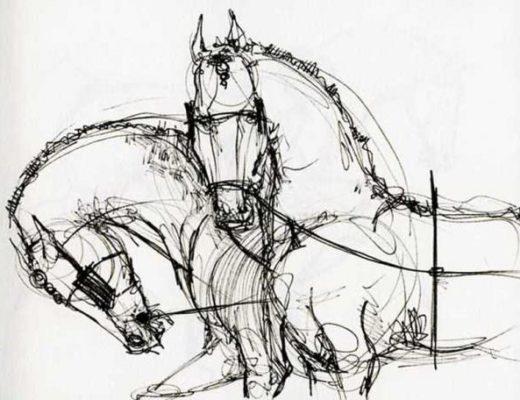
The term “on the bit” doesn’t have an origin in the long-time history of Dressage, but according to Bettina Drummond it is an orphan that is only causing chaos, confusion and much of the demise of Dressage.

I know that my own thoughts on the issue have been very… bland? I would like to believe that this was solely because of the amount of conflicting information being presented on all sides, mixed in a bit with my ability to reason an understanding (though not necessarily agreement) of all parties involved.
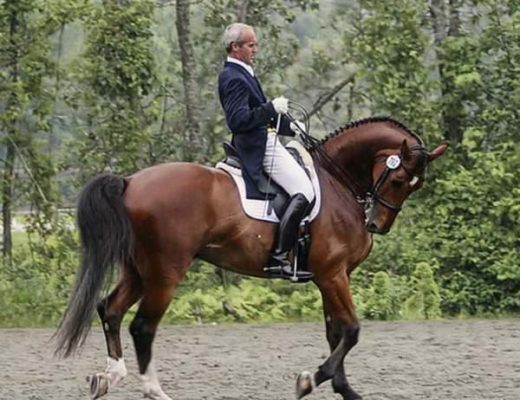
What are your thoughts? Do you believe that Rollkur’s continued use is driven by success, fame, money? Are there elite equestrians you believe are using Rollkur to train but have not gained as much publicity as Anky Van Grunsven and Isabell Werth? What about Rollkur do you find appealing or repulsive?
The answer to this question may be more tricky. The individual motivations I cannot say, but I would be willing to guess that the amount of money involved in high level equestrian sports is enough to motivate a large number of individuals to using whatever legal tactics necessary to win. For example…

You may be surprised to learn that Aspartame isn’t just a low-calorie alternative to sugar, and it isn’t *just* a potential link to cancer.
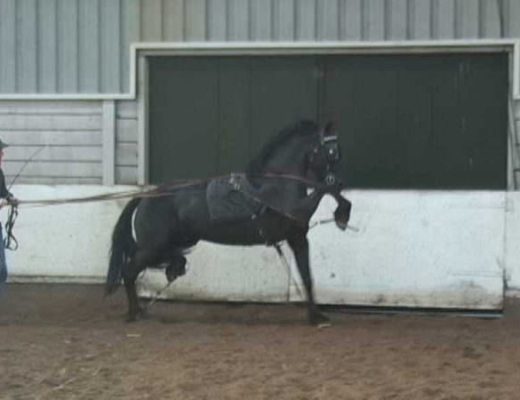
No matter the driving force behind it, I see this trait show up in our treatment of animals in general. How many cats are forced to endure our attention while they display obvious annoyance, anger, fear?